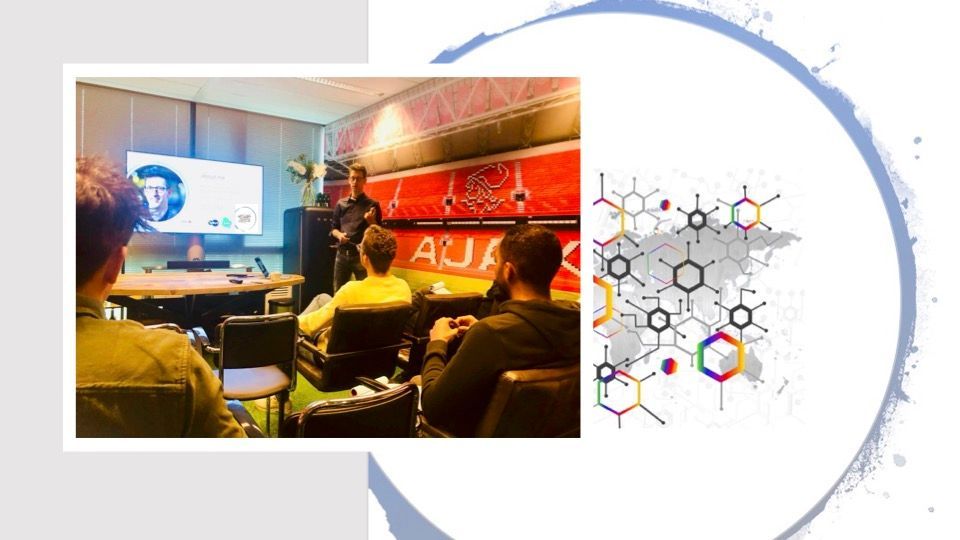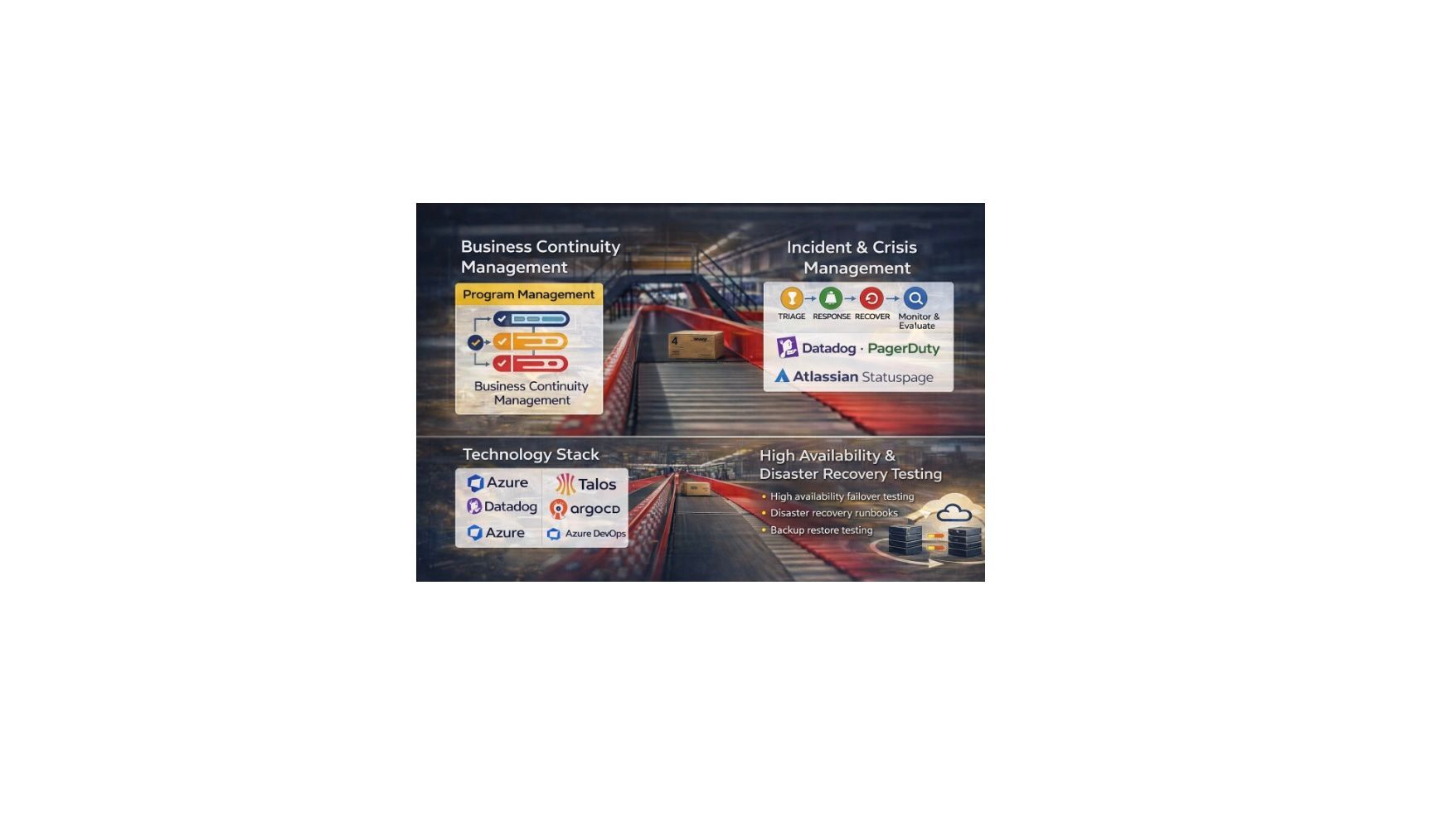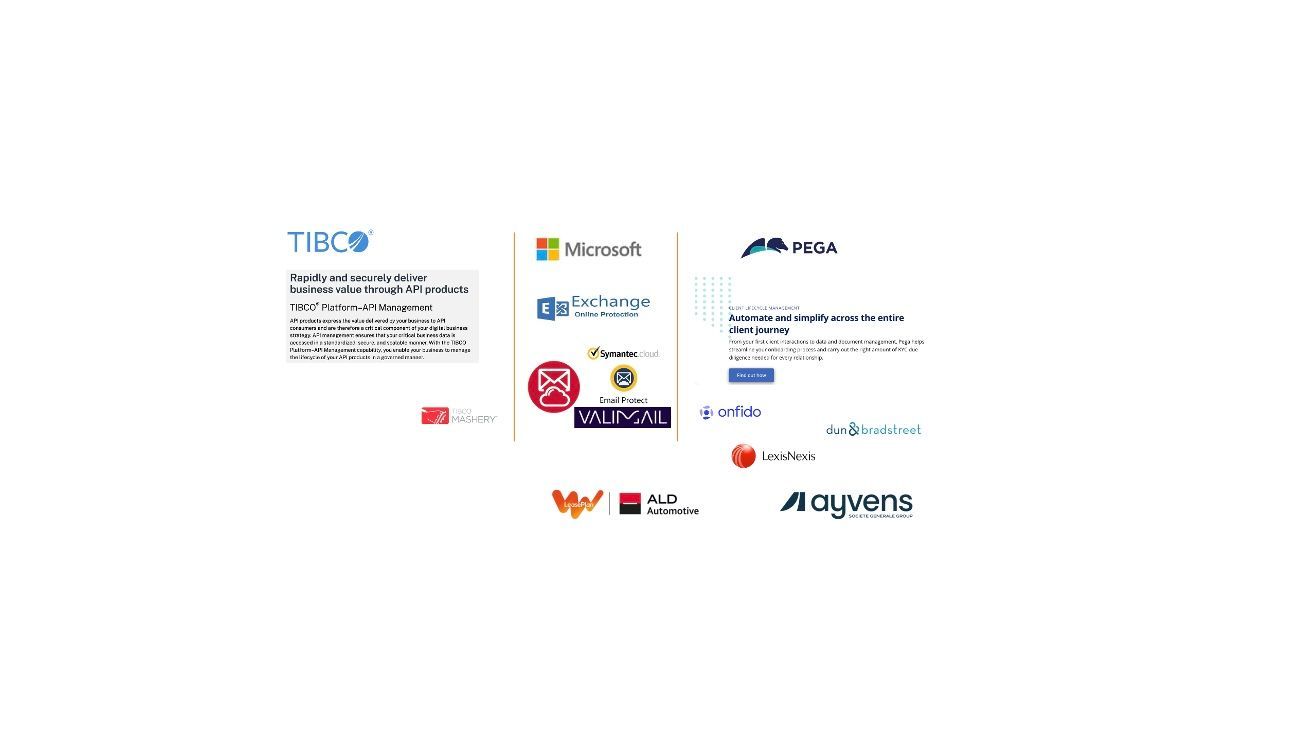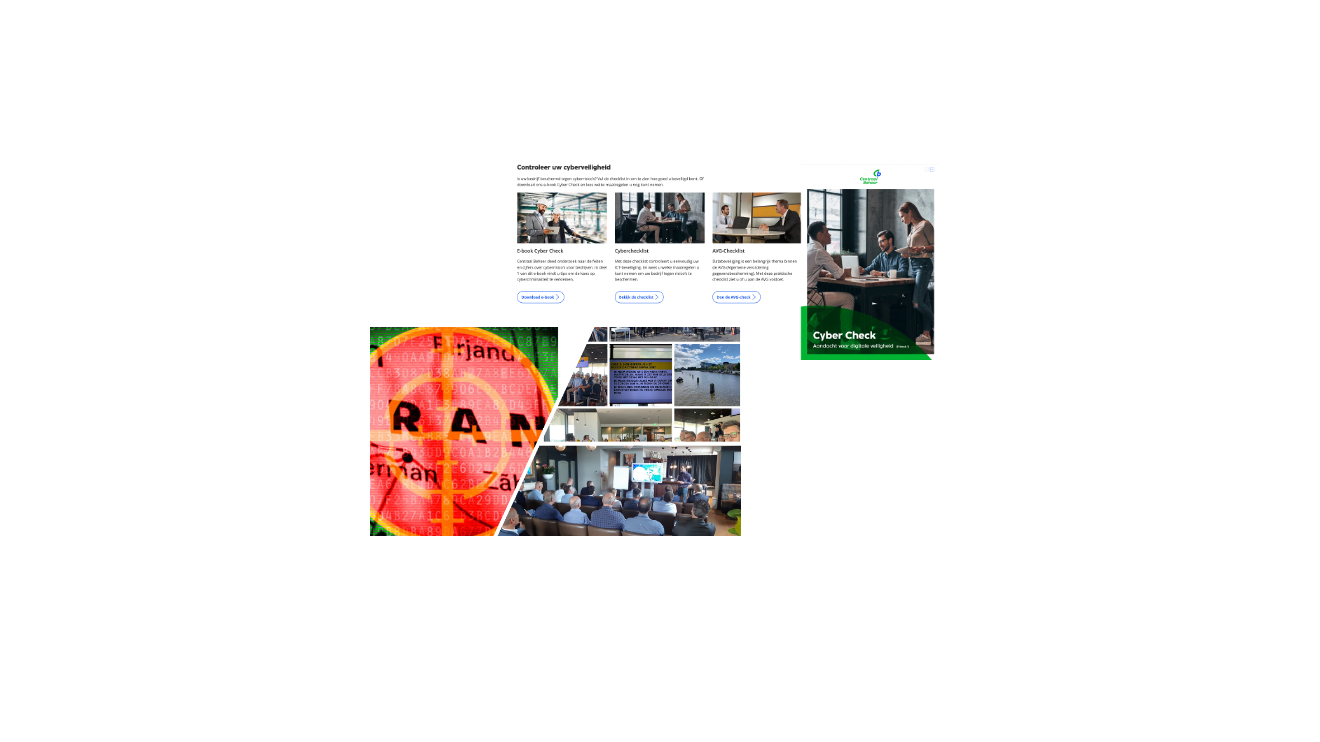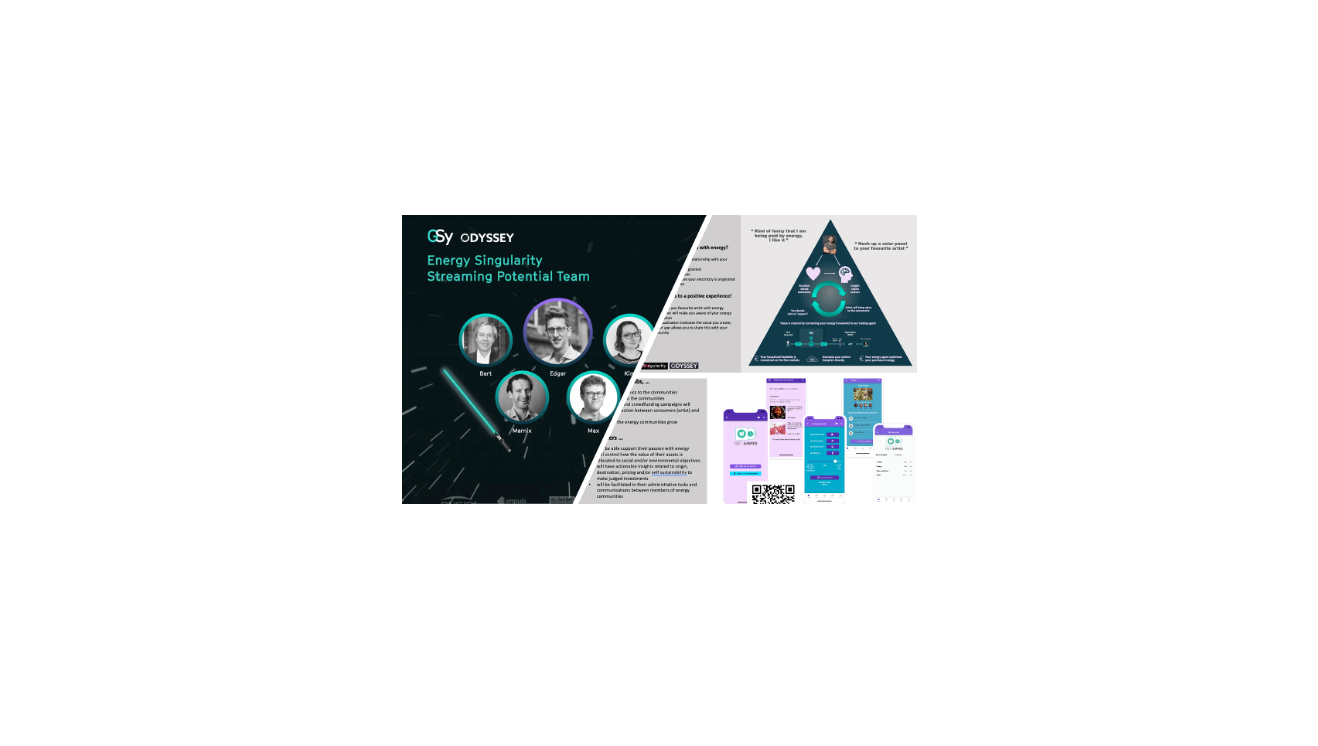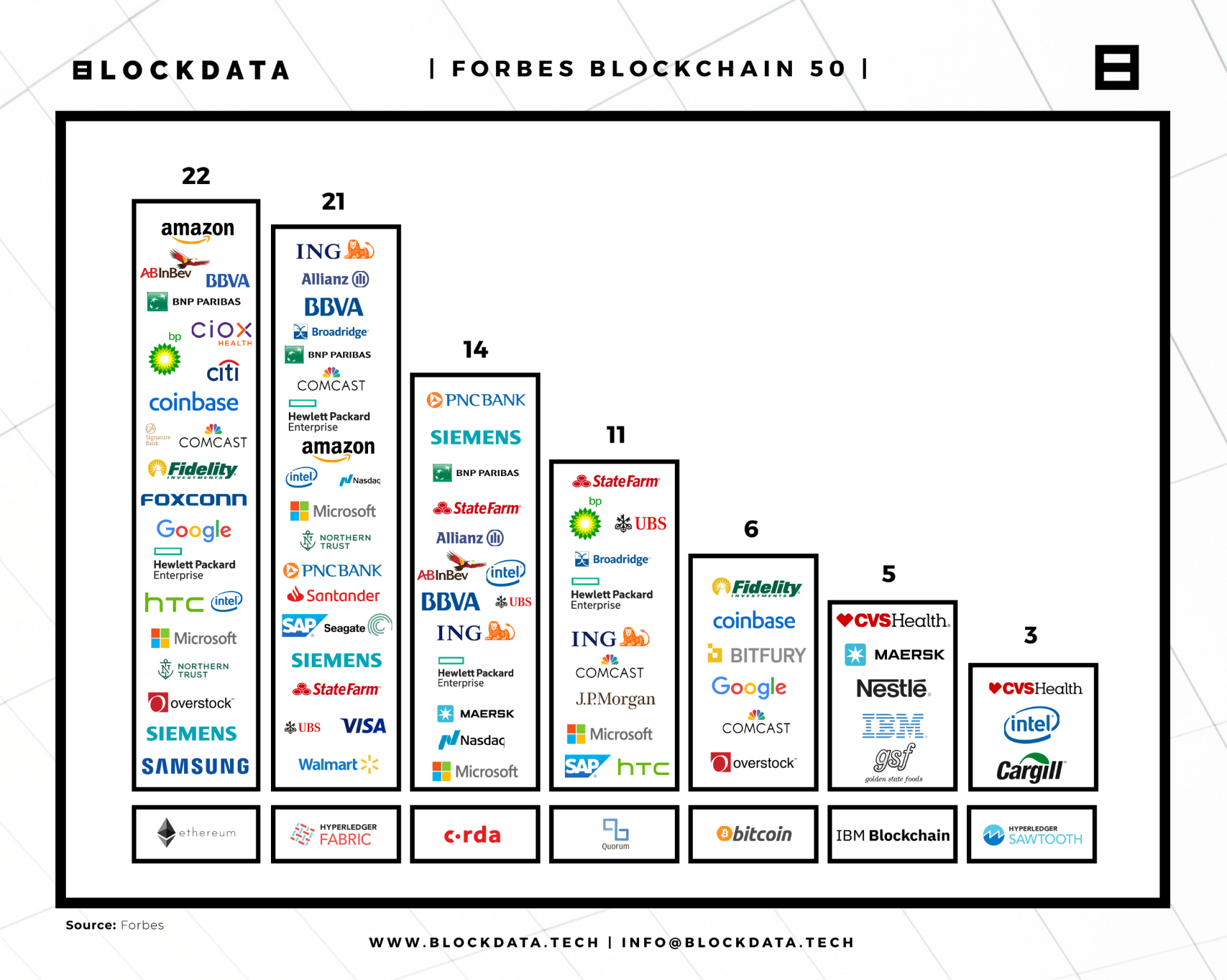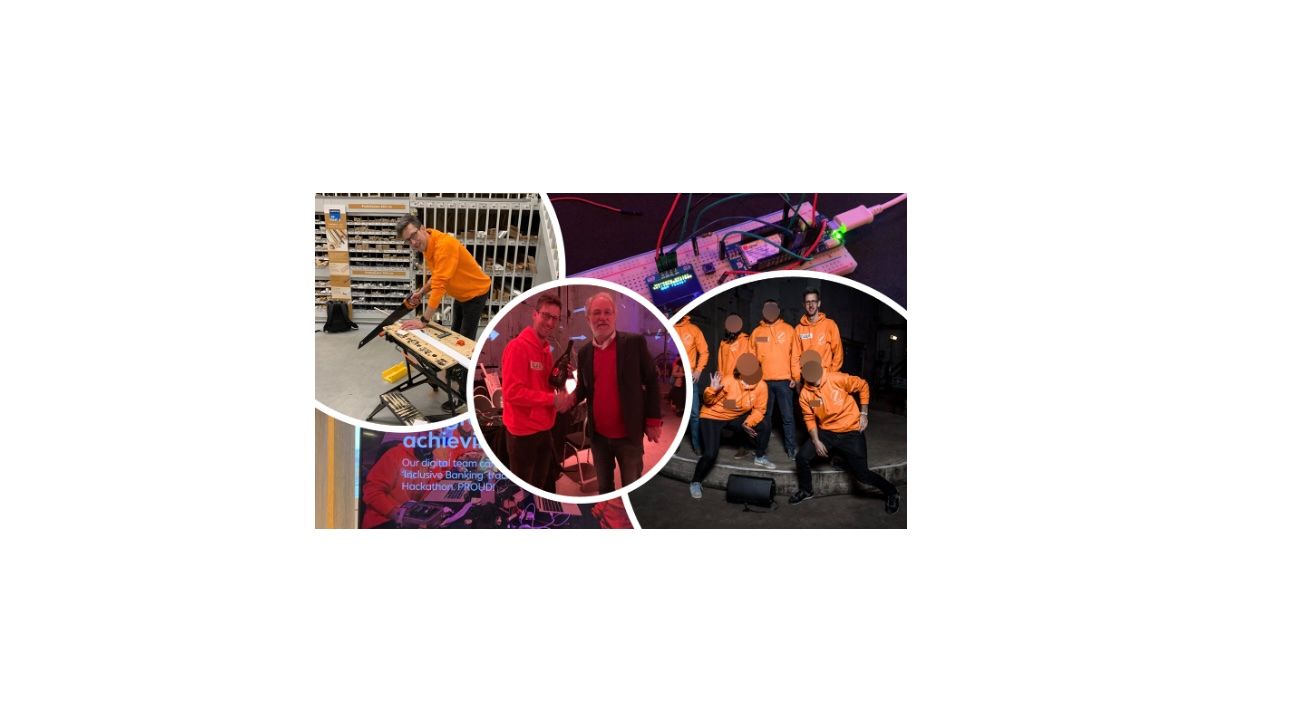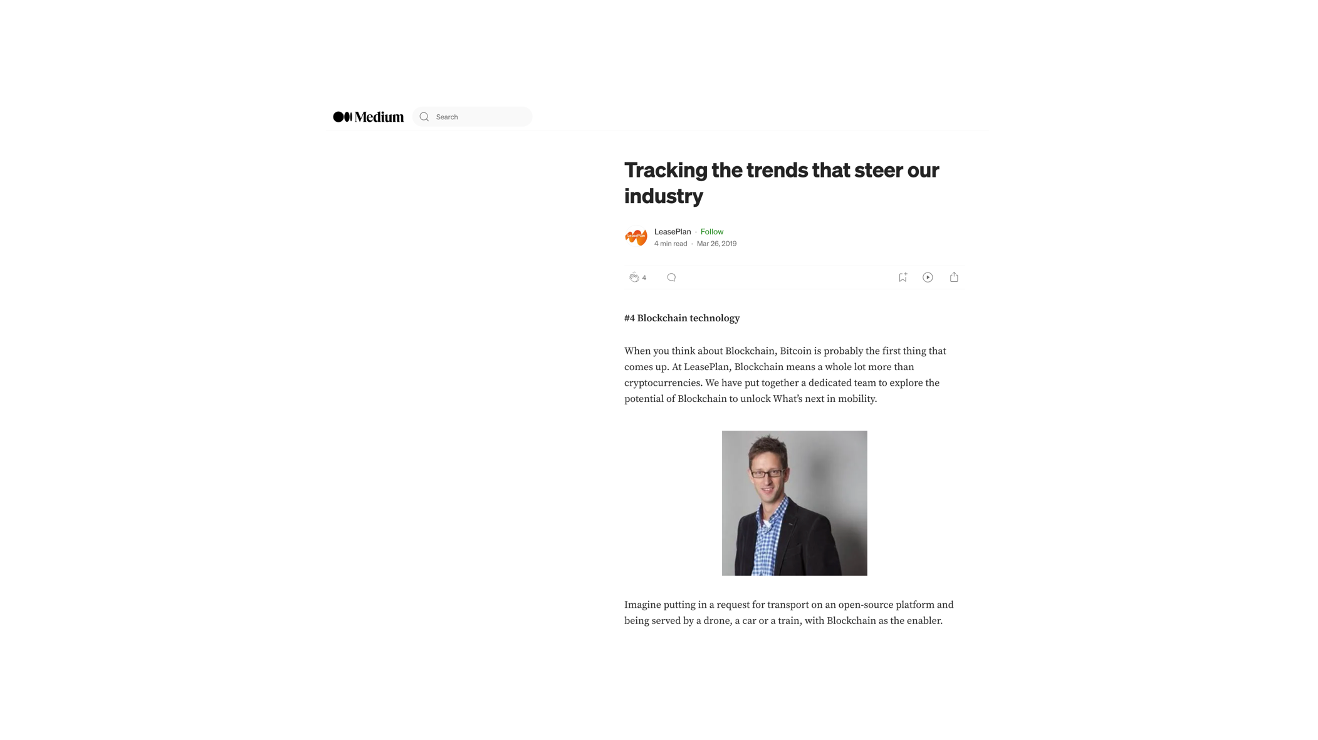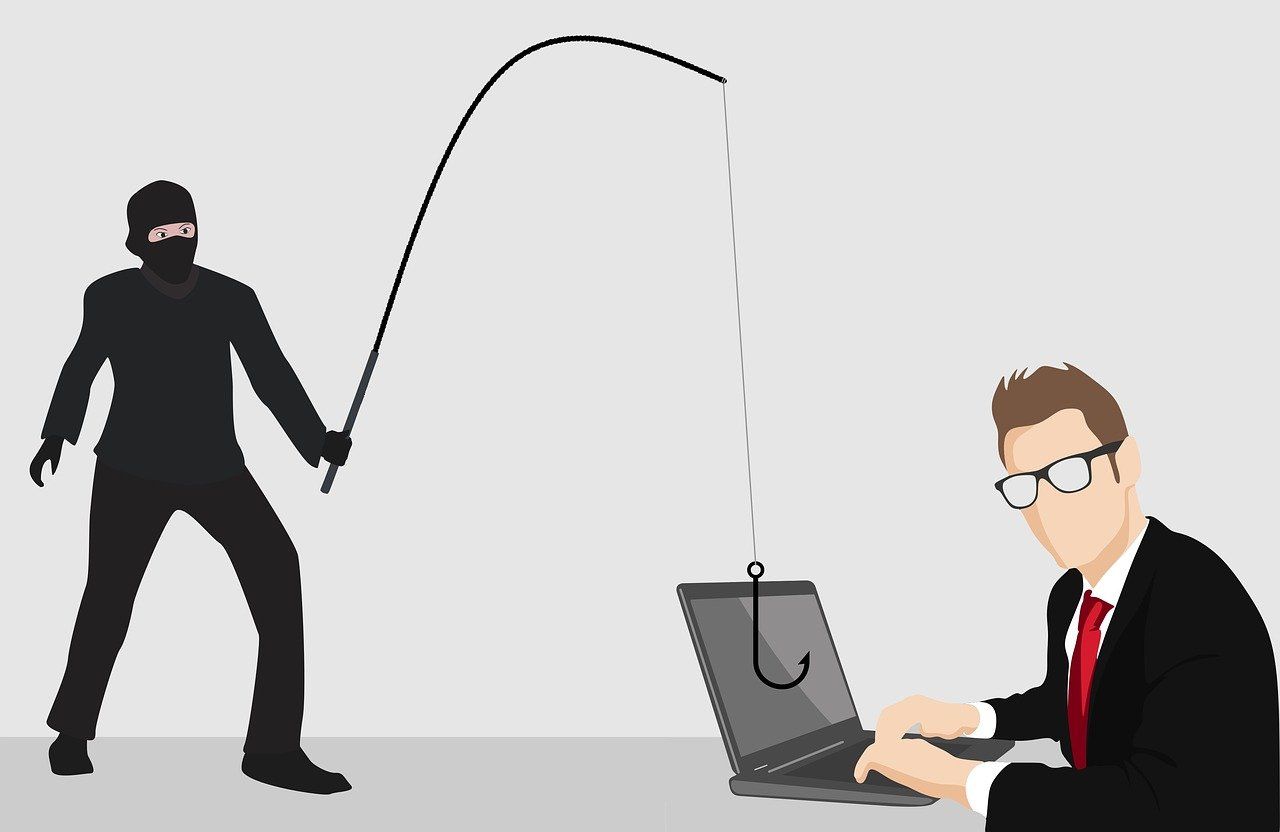Speedboat or containership on which vessel do you sail?

Everyone is talking about digital transformation and the shaping of the most thrilling customer journey ever. As traditional business models suffer of declining revenue most companies are desperately looking for new business models. But is it an innovative mind-set, a technology driven fetish of top management or a search for the holy grail for cost reduction.
We are you as it comes to the this road to wonderland or aka blue ocean as it was once called in a best selling book of W. Chan Kim en Renée Mauborgne. Not everyone is working at an digital native start-up or a completely redefined and digital trained corporate. If this was only possible, dream on. Many corporates are still struggling with their road to digital and operational excellence.
Recently the Dutch newspaper Financieel Dagblad and Vlerick Business School published an article about the state of digital transformation. Which companies are the front-runner and what are the most common characters for success.
Why
The research shows that the main drivers for digital transformation are new behaviour and expectations of customers (87%), to copy other companies in the same industry (58%) or because companies in other sectors (56%) do so. The popularity of start-ups has also an impact (49% name them as driver for digital transformation). To leverage the power of the tech platforms as Google, Amazon is named by 42%. The fact that cost reduction is also an important factor is also mentioned but not in figures.
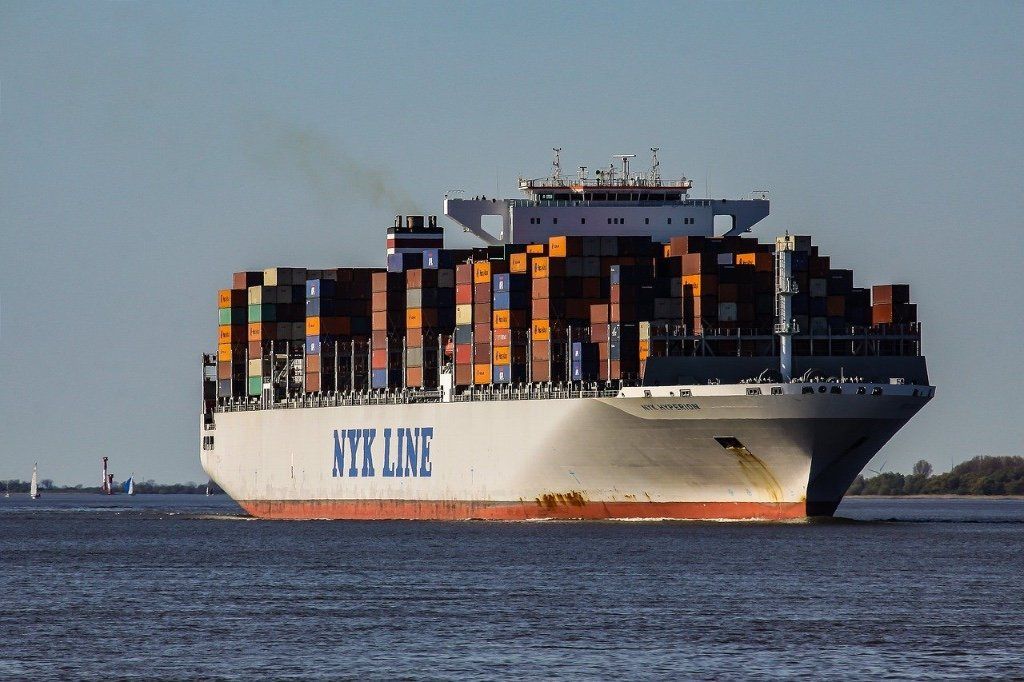
Which boot are you on?
How do you feel in your job, still finding ways to do things more efficient, trying to get rid of repetitive tasks by hiring a wiz kid to build macros in excel or other reporting tool. Or is there an other wind blowing in the company that opens up discussions for redefining the business your in and the way you serve your customer? For many years corporates where associated with containerships, robust and unbreakable, however also difficult to change directions. Whereas start-ups that disrupted the markets where considered speedboats with an overwhelming power of agility. Within corporate innovation is was and perhaps still is intended to achieve a mix of the two by co-creation and or acting as an incubator.
The research indicates that Dutch enterprises feel the pressure to redefine their strategy in a rapidly changing environment. The frontrunners are working on their digital transformation for quite a while now. Digital transformation is not only about implementing new technologies or looking for partnerships with start-ups. Digital transformation is defined as succesfull by the consultancy firm upstream when the organization has gone through a change after which it puts the customer 100% central during the entire customer journey, is connected to a valuable network and considers digital as a the new standard.
It’s not an easy change as it impacts all aspects of the organization. An important aspect is the existing culture, need for new capabilities and talent. Without support and sufficient digital talent at home, the transformation can slow down or even fail.
What do the frontrunners report as drivers to succeed?
- The frontrunners are inspired by companies outside their own sector and start-ups. They experiment fully with new technology and new products and services and put the customer first. It seems that most important an agile and innovative mindset is more important than an elobarate digital strategy.
- New technology should be supportive to the business. It very important to be able to deliver fast, the IT function should be able to support experiments. Special interest is needed for privacy and cybersecurity.
- A cultural change is needed to support experiments. Fail fast and often is the new credo. This could be shocking to a risk avers culture. A new impetus is needed, which accepts entrepreneurship and a sound risk appetite. However, a culture change is extremely difficult.
- The change starts in the boardroom but is based on the support and commitment of the entire organization. It requires a lot of leadership and a strong commitment from managers to make the change work.
- It requires a redesign of existing business processes so that the company can meet the changing expectations of customers. Technology makes it possible to eliminate links in the supply chain and to organize processes much more transparently. Collaboration across the entire chain will become the new standard.
- Digital talent comes mainly from outside the company. The competence to recruit the right people that drive the digital transformation largely determines the success. This requires a lot from the human resource team and ultimately all teams involved to develop the talents and to actually keep them.
The drive for innovation is bigger than ever before, we also have to be realistic. There are still enough companies that are still completely absorbed by the day-to-day worries. Whether they still feel no incentive today to change the way they serve their customers. In any case, it is an inspiring era in which it is challenging to manage all changes in the area of customer needs and technological possibilities. If you would like to discuss how you can speed up your business, please feel free to contact us.
#digital transformation #innovation #incubator #accelerate #cultural change #agile
